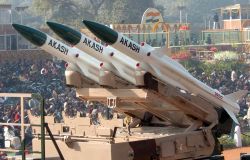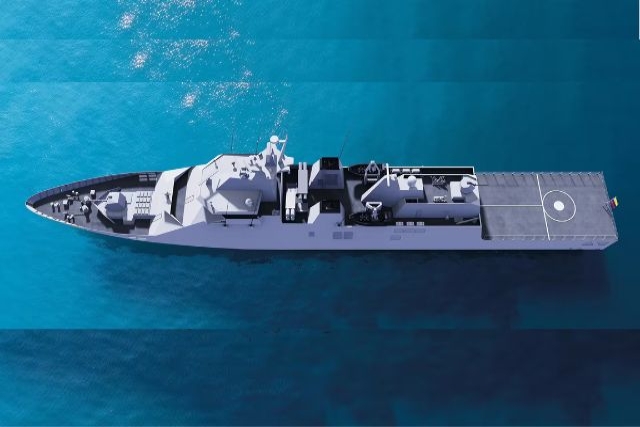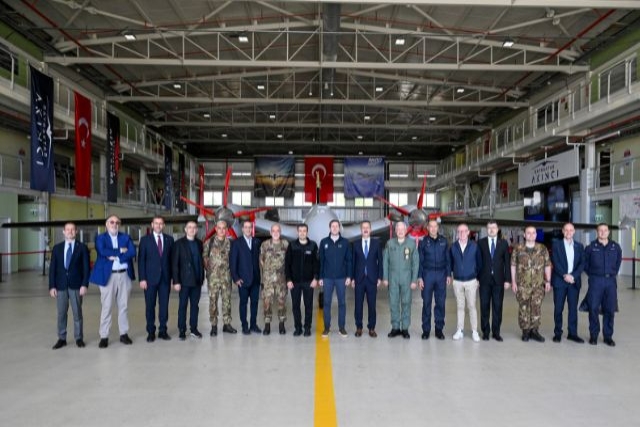Indian Army Air Defence to Get Akash Missiles, Modernize Older SAMs

The army’s air defence (AAD) wing is undergoing a long awaited modernisation by acquiring six batterys of Aakash surface to air missiles (SAM) and modernizing older Russian origin SAMs.
Defence Minister Manohar Parrikar is likely handed over the Akash missiles at a ceremony later this month.
Though Aakash is a sophisticated surface-to-air (SAM) missile system, meant largely for what is called “area defence”, like defending Delhi’s air space – the primary work-horses of the AAD are anti-aircraft guns, which are for ‘point defence’ that can move with a armoured brigade, let’s say.
Nobody is willing to put a figure on the modernisation process of the AAD. A source, “The figure cannot computed like that as it is an aggregation of approvals coming from the top.
The AAD at the moment has three types of anti-aircraft (AA) guns, which are all of 1980s vintage. These are L-70, ZU-23 and Schilka. The last delivery that the AAD has got is that of the Tangushka 30 mm AA guns from Russia in 1998. Tangushka guns were meant by the Russians to replace the Schilka, but since Indian army did not purchase the guns in enough numbers the Schilka’s continued to remain operational.
Now, all three L-70, ZU-23 and Schilka are being upgraded with new radars. And the guns are going to be refurbished by the Ordnance Factory Board workshops.
Then there is the very short range, Igla missiles, which reach up to five kilometres. In the multi-layered missile firing air defence system Igla’s that are shoulder fired, are followed by short range and the medium range SAMs.
The AAD has begun the modernisation process with the AA guns first. According to government sources, the L-70 guns are already under upgradation. The ZU-23 and Schilka are under general staff evaluation.
The AAD is also getting new ‘control and reporting’ systems, besides a “state-of-the-art” satellite communication equipment.
They are also getting 3D tactical control radars. Sixteen of them have been ordered, two have been already inducted and the rest are at the trial stage.
However, he held the traditional view that primarily, air defence is the job of the Indian Air Force. And this is where the rub lies. For, IAF claims that it is a strategic force, which can fight its own wars.









